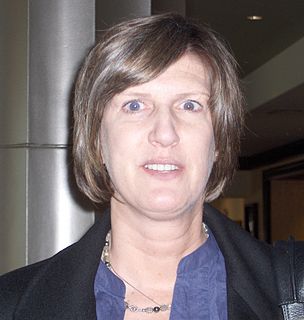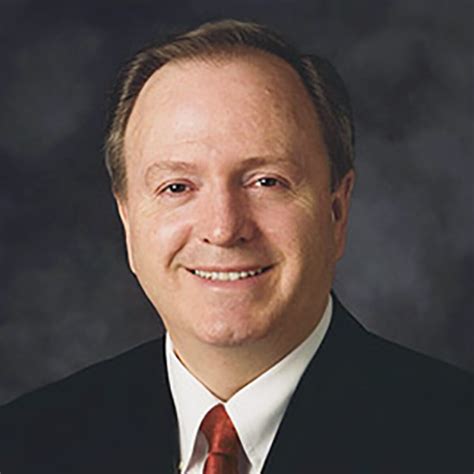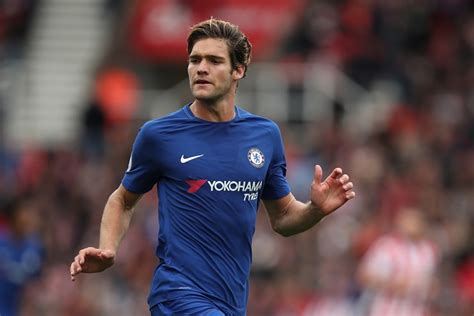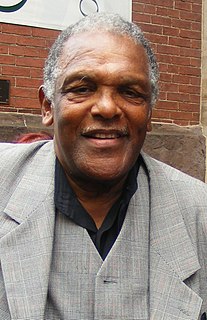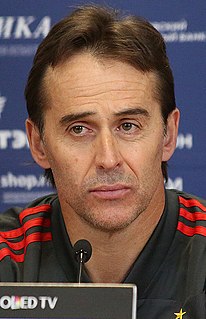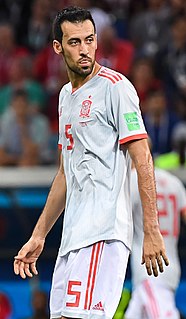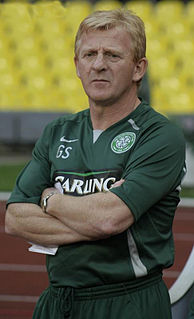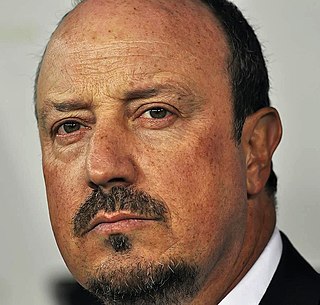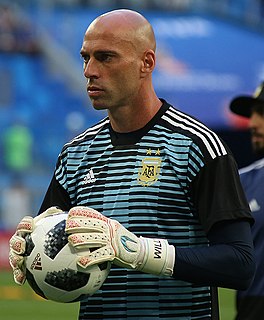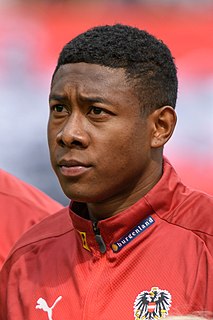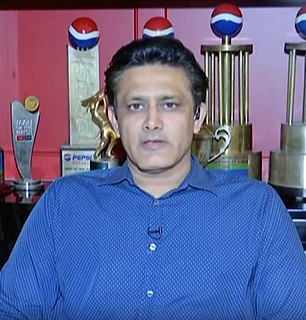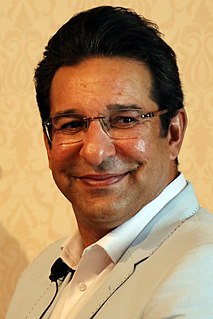A Quote by Anne Donovan
No coach wants to sit back and not have control of the team.
Related Quotes
In his sophomore year Wilbanks tried out for the high school basketball team and made it. On the first day of practice his coach had him play one-on-one while the team observed. When he missed an easy shot, he became angry and stomped and whined. The coach walked over to him and said, "You pull a stunt like that again and you'll never play for my team." For the next three years he never lost control again. Years later, as he reflected back on this incident, he realized that the coach had taught him a life-changing principle that day: anger can be controlled.
That was very appreciative because all the players vote for that. That's the highest award anyone can get in the NFL. Every team in the NFL votes for the most valuable player. I was injured. I had appendicitis the first part of the season, but I came back after ten days. Nobody came back that early. No player wants to sit on the bench. No player wants to be inactive. Everybody wants to play.I came back in ten days. I had the uniform on and played. I played those next games until I got kicked in the head.
